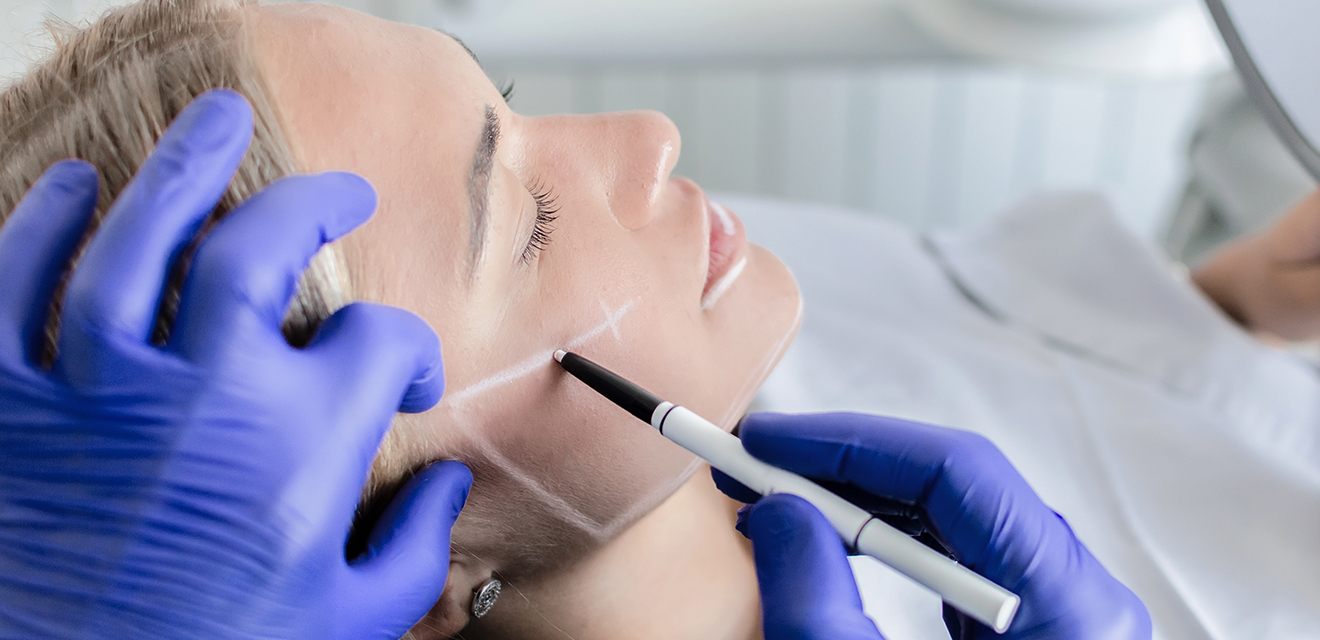TMJ/TMD Therapy – Denver, CO
Relieving Jaw Pain for Good
If you are plagued by continual jaw pain that results in frequent headaches, you’re not alone. Millions of Americans suffer from TMJ disorder, and when the temporomandibular joints are not working correctly, it can make your day-to-day life unbearable. At Pearl Dentistry, we don’t want you to live in discomfort any longer, which is why we offer TMJ treatment! We will eliminate the pain associated with TMD and help you get back to living a life free from discomfort. To find out how you can get help with TMJ therapy, contact our office to schedule an appointment!
Why Choose Pearl Dentistry for
TMJ/TMD Therapy?
- Able To Stop Chronic Head, Jaw, & Neck Pain
- Fully Customized Care for Each Patient
- We find the Source, Not Just Symptoms
What is TMJ Disorder?

Temporomandibular joint disorder (TMD) occurs when the joints connecting your jaw to your skull do not work properly. Not only can it cause immense pain, but it often makes it much more difficult to eat, chew, speak, or even yawn.
Living with TMD can be extremely difficult. So much of what you do each day involves moving your mouth, which includes your jaw. When pain, stiffness, and discomfort take over, it is time to seek treatment from your dentist.
What Causes TMJ Disorder?

Because your jaw performs a wide range of functions each and every day, there can be multiple reasons a person might develop TMD. Some of these might include:
- Chronic teeth grinding or clenching (Bruxism)
- Genetics
- Arthritis
- Jaw injury
- Misaligned bite (overbite, underbite, or open bite)
- Stress
- Poor posture
What Are the Signs and Symptoms of TMJ Disorder?

Not all patients with TMD experience the same symptoms; however, the most common tend to be headaches. There are other ways you can tell if you have TMD:
- Your jaw pops or clicks when opening
- Locked jaw
- Stiff neck or ear pain
- Difficulty chewing or eating
- Injury to your teeth
- Facial pain
Treatment Options for TMJ Disorder

When talking with your dentist about ways to eliminate jaw pain and put your oral health back on track, it is beneficial to discuss all forms of treatment to determine which one might be right for you. Some of these treatments include:
- Orthodontics to help realign your bite and relieve strain
- A surgical procedure (This is typically only recommended in severe cases)
- Jaw joint stretches and exercises to relieve pain and improve motion
- Occlusal splints to prevent teeth clenching while asleep
The last solution, an occlusal splint, is a popular treatment method because it is custom-made for your mouth. Not only is it comfortable, but it is easy to use. By opting for a splint or occlusal adjustment, your jaw will be repositioned so the muscles and joints work together accordingly, preventing any pain.
Botox Treatment for TMJ Disorder

When you first think of Botox, you likely envision cosmetic injections that erase wrinkles and fine lines. But did you know that Botox can also be used to treat TMJ disorder? Just as Botox prevents the muscles responsible for signs of aging around the eyes and forehead from contracting, this treatment can be administered to make the jaw muscles relax, easing TMJ pain. In the hands of qualified experts in oral structures, such as our dentists, this fast, safe treatment can bring much-needed relief.
